
Cooking with Chef Lidia Bastianich
“Food is my connection,” says Lidia Bastianich, a cooking show star and restaurant owner. But it was her faith that spurred her on her journey.
Find what you’re looking for

“Food is my connection,” says Lidia Bastianich, a cooking show star and restaurant owner. But it was her faith that spurred her on her journey.

This month, we are entering a time of year that is very focused on food and togetherness first Thanksgiving, then Christmas. It is in that spirit that I am writing this column. But this gathering of food and friends wasn’t tied to any big holiday. No, it happened on a random Saturday night.

Our faith teaches that peace overrides force. In the Old Testament, however, there are passages that describe how God cleared a path for the Hebrew people through war and displacement of other people and cultures. Isn’t that a contradiction?
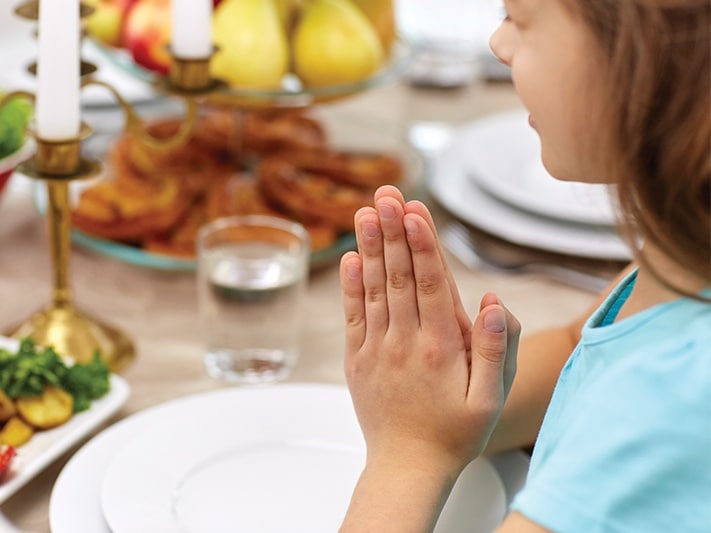
Can someone give a blessing to a sick friend, or a birthday blessing, a blessing at a meal, or on other occasions? Does the person need the permission of the local bishop?
How can I fully convince myself and others that “Jesus is the only way to God “?
The integrity of your life is the best way. Cardinal Emmanuel Suhard of Paris (d. 1949) once wrote: “To be a witness does not consist in engaging in propaganda nor even in stirring people up, but in being a living mystery. It means to live in such a way that one’s life would not make sense if God did not exist. ” Unfortunately, the lives of some Christians might make perfect sense if God did not exist because God is more an ornament in their lives rather than the central focus.
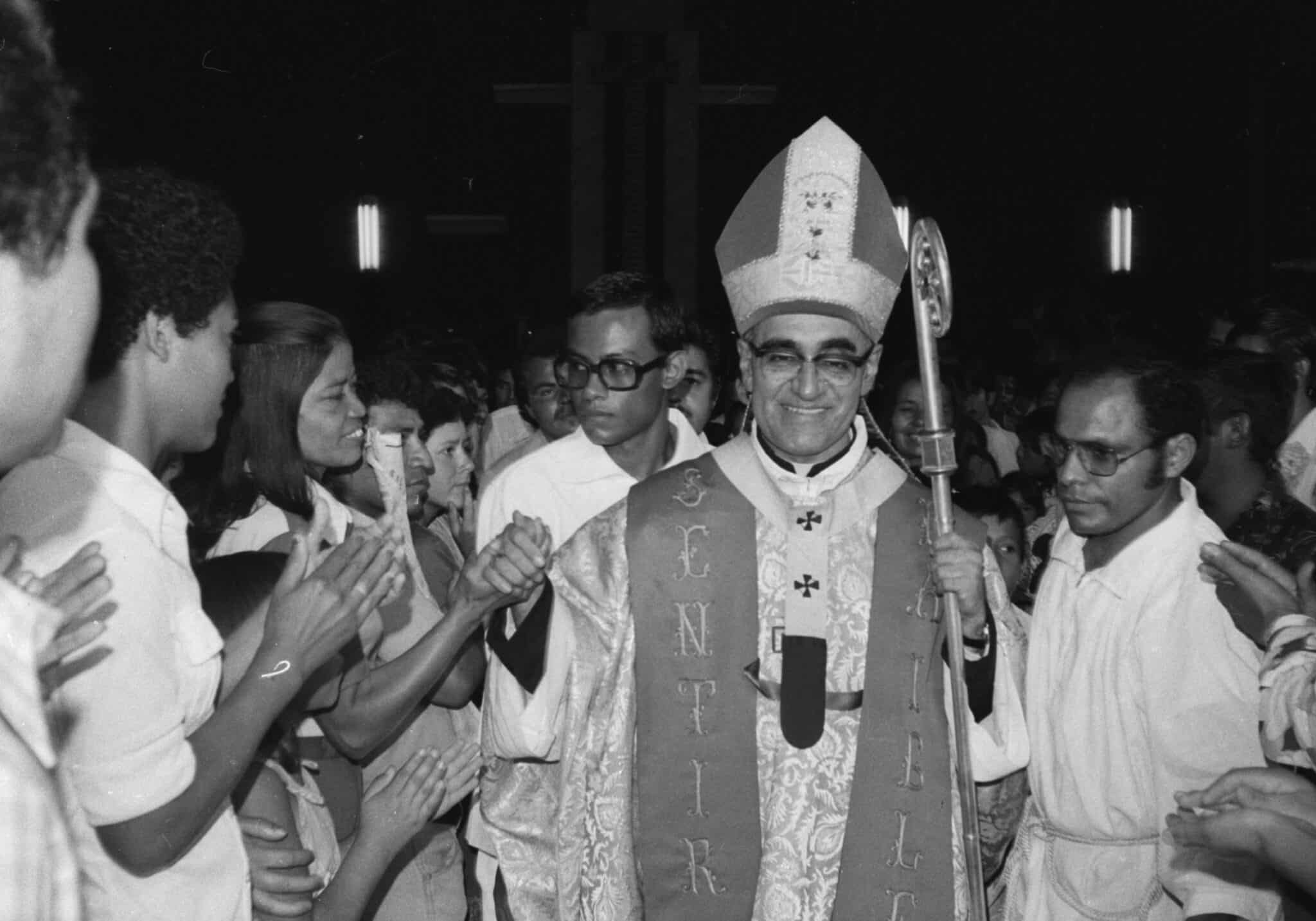
“The hope that our Church encourages,” said Romero, “is neither naïve nor passive. It is rather a summons from the word of God for the great majority of the people, the poor, that they assume their proper responsibility.… And it is support, sometimes critical support, for their just causes and demands. The hope that we preach to the poor is intended to give them back their dignity, to encourage them to take charge of their own future.”
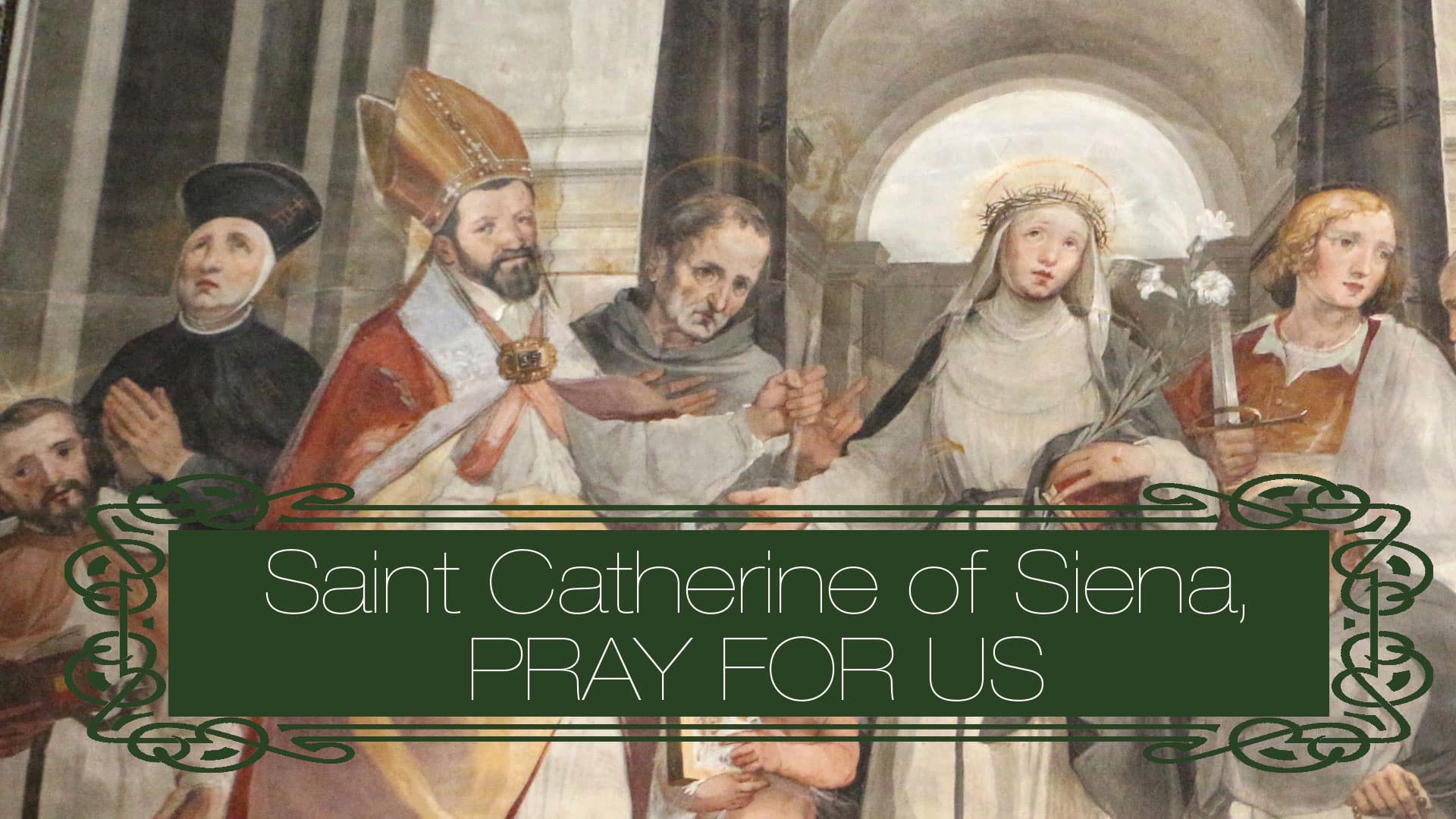
Some of our most beloved saints wouldn’t take no for an answer. Catherine of Siena, a Doctor of the Church and one of the most influential women in Catholic history, is one of those saints.
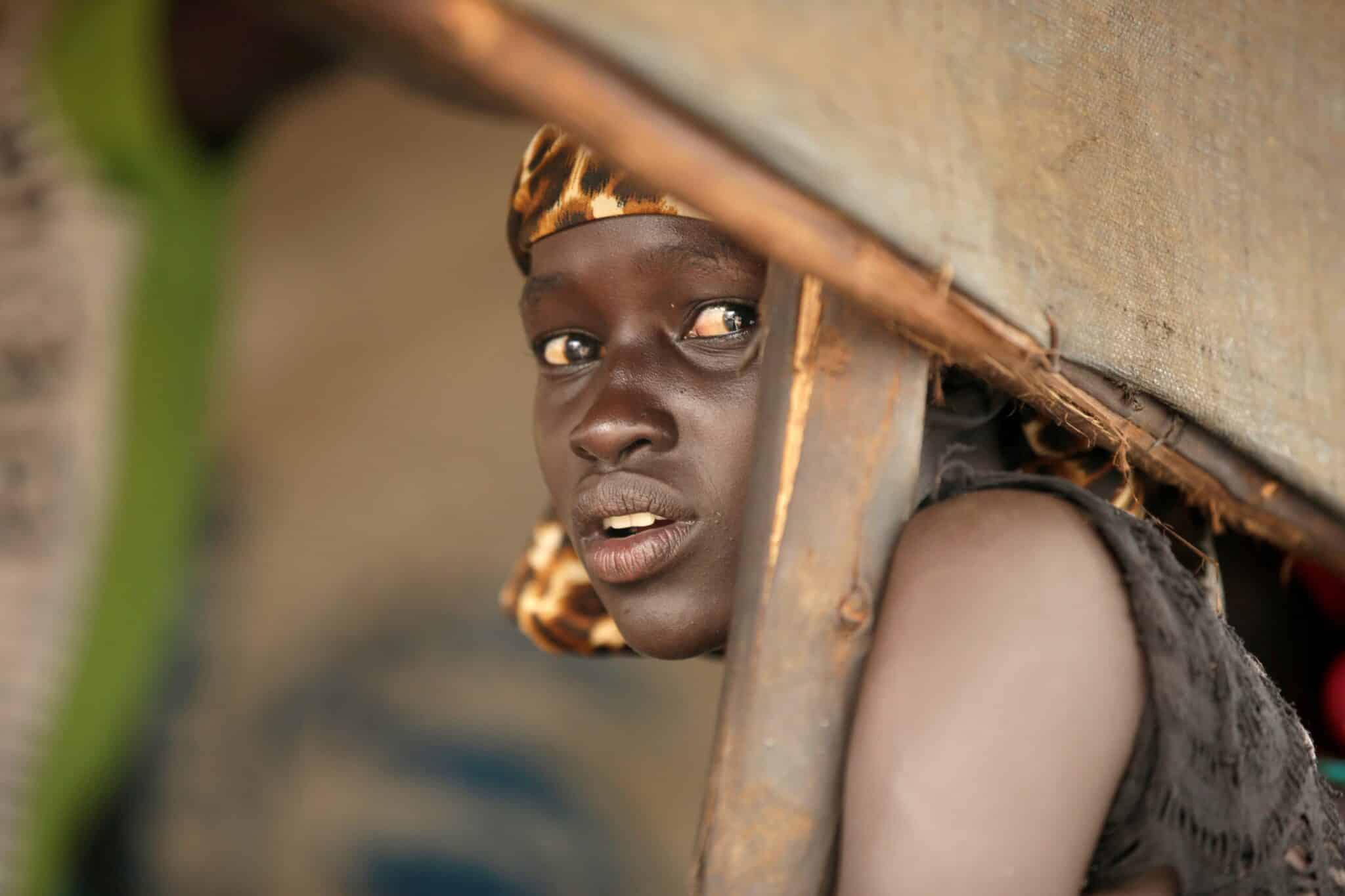
Oscar Romero reminds us: “The face of Christ is among the sacks and baskets of the farmworker; the face of Christ is among those who are tortured and mistreated in the prisons; the face of Christ is dying of hunger in the children who have nothing to eat; the face of Christ is in the poor who ask the church for their voice to be heard. How can the church deny this request when it is Christ who is telling us to speak for him.”
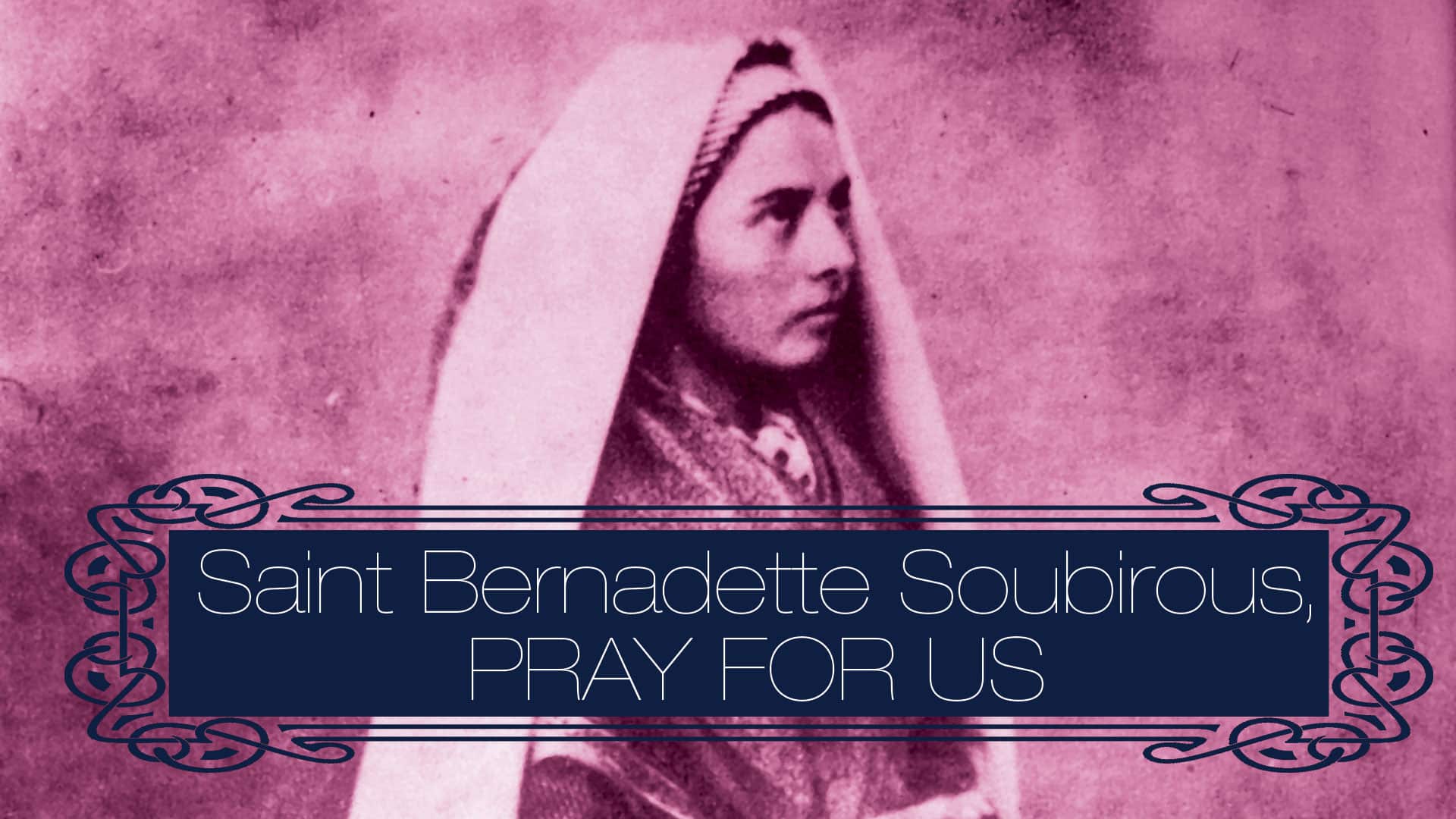
We all know the story of how Mary appeared to Bernadette Soubirous, a simple girl of fourteen, at Lourdes. But what sometimes gets lost in the story is Bernadette’s strong faith. Her statements were challenged over and over again by Church officials and local authorities who attempted to catch her in lies and contradictions.
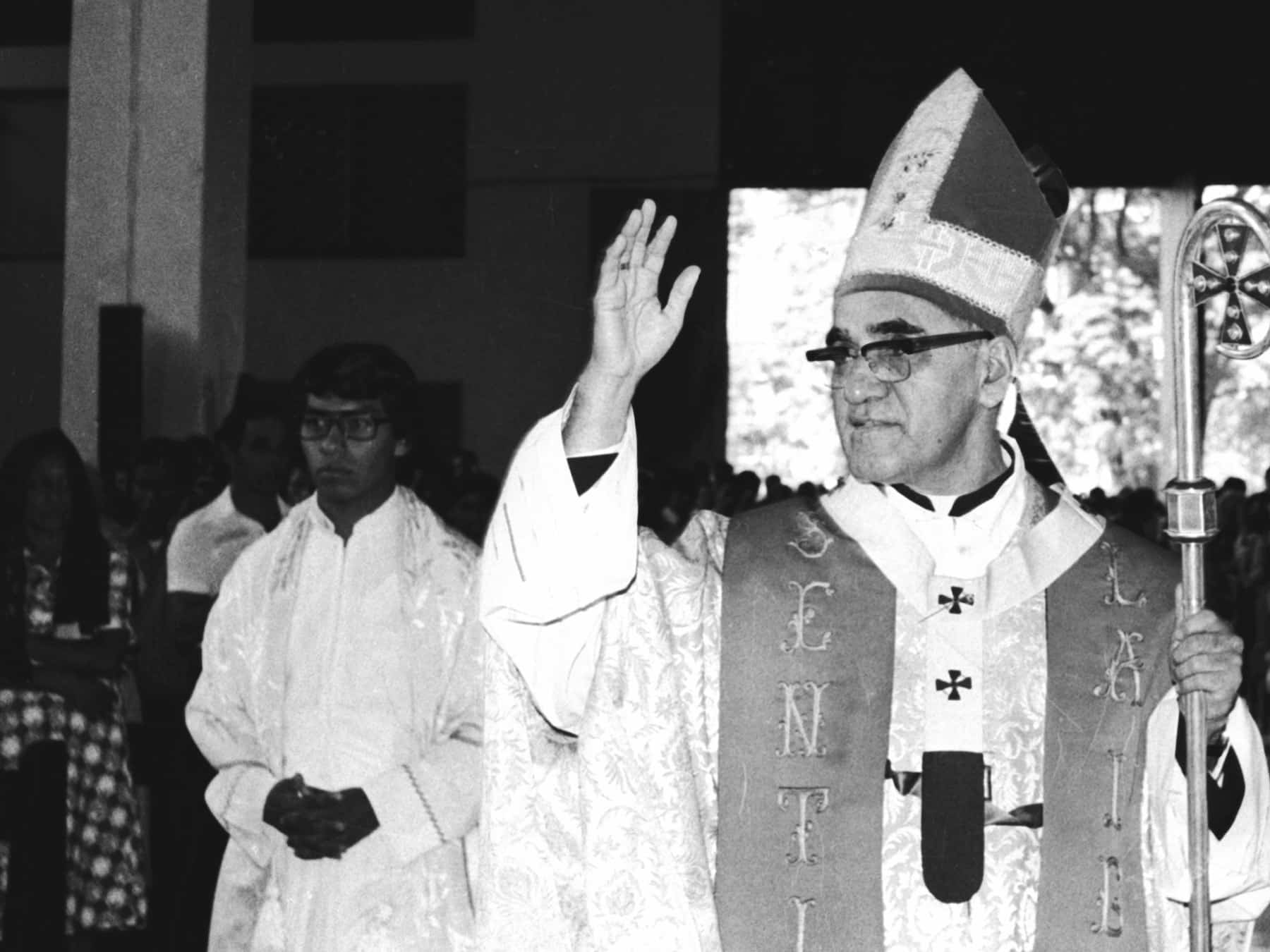
A revolution motivated by the power of love instead of arms, a revolution that seeks not the overthrow but the conversion of society: This became Romero’s focus during his final three years as archbishop of San Salvador. For the ruling elite, conversion meant the softening of their stony hearts and an embrace of the biblical truth that all people are equally beloved by God and equally deserving of the world’s resources.

28 W. Liberty Street
Cincinnati, OH 45202
513-241-5615
info@franciscanmedia.org
Customer Service:
cservice@franciscanmedia.org
Technical Questions:
support@franciscanmedia.org
Writer’s Guidelines
Privacy Policy
Post a Prayer Request
Webmaster Login